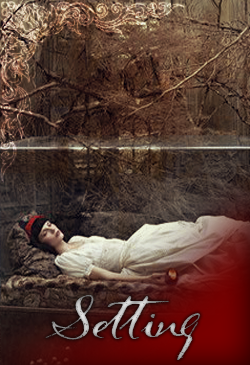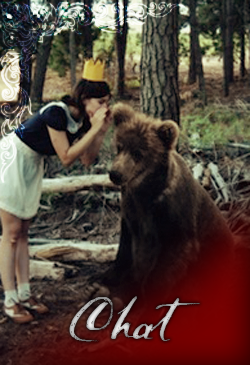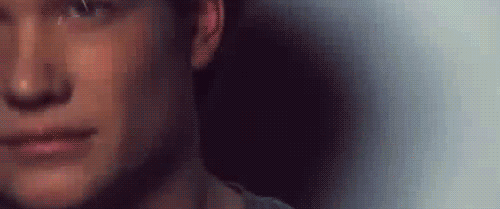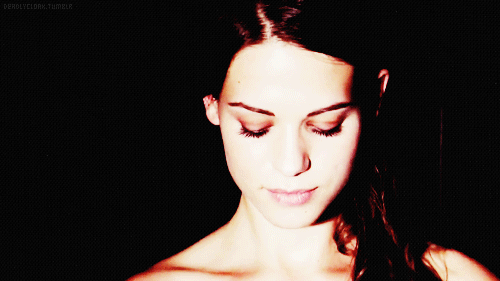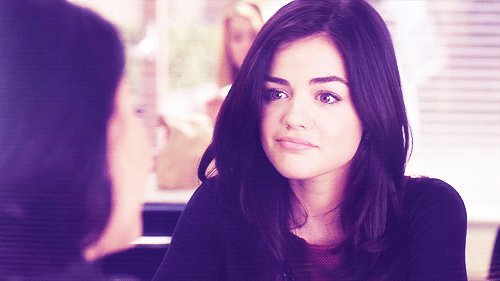|
|
By M.
Jul 13, 2012 1:46:55 GMT -5
Post by CHRISTIAN REICHENBACH on Jul 13, 2012 1:46:55 GMT -5
Le petite Manifeste de la liberté pure
M
We as a society look to those above us to tell us how to live our lives. We look to our parents to teach us right and wrong. We look to our teachers to educate us. We look to our lawmmakers and enforcers to keep peace. And we look to our religion or lack of religioon to comforrt our own inadequacies. Each of us has within us a weak aspect. It is eager to give up freedom for the comfort of being dominated. A masochistic belief that our MASTERS are worthy of trust, even when it hurts. But we also have a will. And somee of us are beyond the normal realm of the human psyche and can become masters ourselves. This mastery allows us to cultivate desires freedom. A freedom that insists on deciding for ourselves, each of us, individually, what is good, and what is evil.
Despite this mastery, most of our race will be law abiding citizens. They will pay taxes they do not believe in. They will listen to political garble as if it were soul saving doctrine that we adopt for the sake of uniformity as our own. And those that don't, tthose that rise against the machine in of day to day life, will be looked down upon! This is the true crime. Now, I don't mean the fool who robs a 7-11 for $27.19. I mean the ones who give their lives for a cause. Who do what every rock station and parent ever asked for. Any expression of true individuality is thwarted instantly. But, I will not digress, accept my woords as fact. All real freedom risks crime. Indeed, freedom is crime, because it thinks first of itself and not of the group. And there is no greater crime in our society than this!
This level is not something that can happen by chance. One ccannot merely commit a crime and be free. We must test all limits, corrupt all coonvention. We must risk being sent to our own personal Elba or St. Helena, for the sake of pure and unadulterated passion for our own freedomm. We must test ourselves to be willing to risk everything, or else surrender and let them take eveerything.
But whhen we aall accept thhis faate, there is no hhope for a higher truth for aanyone.
Send to the mail box of Dr. Edith Allingham.
-There are no finger prints, no distinguishing script-[/center] |
|
|
|
By M.
Aug 27, 2012 14:01:15 GMT -5
Post by CHRISTIAN REICHENBACH on Aug 27, 2012 14:01:15 GMT -5
I suppose you think I am a nihilist. This is perhaps true, my clever friend. A strategic nihilist. Does giving myself a title intrigue you or bore you?
ni·hil·ism
n.
1. Philosophy
a. An extreme form of skepticism that denies all existence.
b. A doctrine holding that all values are baseless and that nothing can be known or communicated.
2. Rejection of all distinctions in moral or religious value and a willingness to repudiate all previous theories of morality or religious belief.
3. The belief that destruction of existing political or social institutions is necessary for future improvement.
4. Nihilism A diffuse, revolutionary movement of mid 19th-century Russia that scorned authority and tradition and believed in reason, materialism, and radical change in society and government through terrorism and assassination.
5. Psychiatry A delusion, experienced in some mental disorders, that the world or one's mind, body, or self does not exist.
Still, Webster aside, I like to think I am transcended above the moral compass people have created for themselves.
What does this really mean on the modern stage? A transcendent allows for the possibility that there is no future. And there truly is not, is there. No past, and no future. Philosophy must bore you, but I must go on. You perhaps think you are gaining clues to my person through these correspondences. Perhaps you are. I digress.
My beliefs discount a future. The possibility of radical social transformation then becomes unhinged from the utopian aspirations of its proponents. Their ‘hope’ can clearly be shown to be disconnected from the social and material reality of both the society as-it-is and the potential society that-could-be. If the destruction of the current order must be achieved, for our own potential to be realized, for its own sake, for the children!, it may be better to do it with open eyes than purposely blinded ones. A transcendent understands that an ethical revolution does not create an ethical society. An ethical anarchist is not one concerned with non-utopian social transformation, only an idealized one. A transcendent understands that the infrastructure of the modern world embeds its own logic and inhabitants. And the transcendent is willing to toss it asunder anyway. It is the game- dear friend- the game that calls to our kind. Not man made things like morality and justice.
GRBRXOLNHKDYLQJDIULHQGPPH?
RUGRHVLWEXJBRXWREHPDWFKHG?
ZHFDQSODBIRUHYHULIBRXZDQW.
DWOHDVWXQWLOBRXNLOOPHKDKD.
Vine, vidi, vici.
M.
|
|
|
|
By M.
Aug 27, 2012 14:10:56 GMT -5
Post by CHRISTIAN REICHENBACH on Aug 27, 2012 14:10:56 GMT -5
I am not an anarchist. Anarchist are messy, they are too vague. They haven't the gull to be absolute. They are humanist at heart. Still, the run of the mill Anarchists have generally accepted property destruction in their humanist vision of a ethical social change. Things matter less than people. But one such as me believes that this dichotomy ties us to the world we must supersede, before we are capable of actually having social relationships with people and not things. This transcendence provides us a solution to existentialism and liberalism. It argues for an active pose in this world and for the invariability of reformist solutions. When confronted with the horror of your existence, race towards the bleak consequences, not away. When it's accepted, you can celebrate it. You may deal with the moralism explicit in your stated irrelevance. Moralists should be spared no patience.
Acceptance is difficult for people. We are programmable creatures. Walking computers waiting to be inserted with new information. We become cluttered with cookies and junk mail and viruses. But not those that transcend. The first to this step beyond is deep skepticism. Every action, every meeting, is filled with politicians-in-waiting who are easy to discern, with their plastic smiles and fluency with ‘the process’. A Our kind allows its practitioner to see these types for what they are; and the ability to do with them what is necessary by your analysis, and not theirs.
The second is a new eye towards history. Whereas before it may have been easy to get caught up in the details of the who’s, when’s and why’s of the worldly Commune, now it is easy to see the failure in the partiality without getting bogged down in the specific half-measures. Time devoted to arguing how many angels dance on the head of a pin is time away from the pursuit of higher conquests. We must release the excess, so we may see the real puzzles at hand.
Finally, the transcendent position allows for a range of motion heretofore not available. The ethical limitations of ‘doing the right thing’ has become a transformed movement for social change. From pacifists and ethicists who sanctimoniously wait for the tyrants to fall or the strength of their convictions to shatter capitalism, it is clear that the terrain allowed by morality is bleak and filled with quagmire. Armed struggle groups, who led non-existent masses toward their better world have shown similar failure. If these are not the models that frame your conception of change, you are free to make moves on a chessboard that no one else is playing on. You begin to write the rules that those in power are not prepared for. You can take angles, you can pace yourself, you can start dreaming big again, instead of just dreaming as large as the next demo, action, or war.
Truly,
M.
Footnote: I do hope you enjoy my token to you.
|
|



